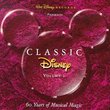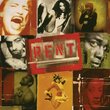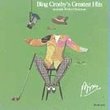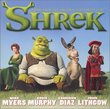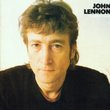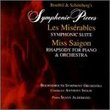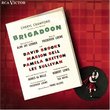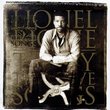| All Artists: Frank Loesser, Robert Morse, Bonnie Scott Title: How to Succeed in Business Without Really Trying (Deluxe Edition) (1961 Original Broadway Cast) Members Wishing: 2 Total Copies: 0 Label: RCA Victor Broadway Original Release Date: 1/1/2000 Re-Release Date: 11/4/2003 Album Type: Cast Recording, Collector's Edition, Extra tracks, Original recording remastered Genres: Special Interest, Pop, Soundtracks, Broadway & Vocalists Styles: Nostalgia, Musicals, Traditional Vocal Pop Number of Discs: 1 SwapaCD Credits: 1 UPCs: 828765605120, 828765605120 |
Search - Frank Loesser, Robert Morse, Bonnie Scott :: How to Succeed in Business Without Really Trying (Deluxe Edition) (1961 Original Broadway Cast)
CD DetailsSimilar CDs
Similarly Requested CDs
|
CD ReviewsThis irresistible New York original Jay Dickson | Portland, OR | 09/14/2009 (5 out of 5 stars) "By 1961 most successful Broadway musicals were adaptations of novels or stage plays, and the whole idea of a workable musical satire was something that had seemed to gone out with the Gershwins. Then out of almost nowhere came this Abe Burrows-Frank Loesser work based on Shephard Mead's satirical (and non-narrative) take on the post-War rat race, and the critics went wild: HOW TO SUCCEED IN BUSINESS WITHOUT REALLY TRYING was considered the freshest breath of air on Broadway since MY FAIR LADY, and was a tremendous popular success, running through 1,417 performances. Its perennial cleverness, which is reminiscent of nothing quite so much as Gilbert and Sullivan's better satirical operettas, has been testified to by the success of the mid 90s Broadway revival (with Matthew Broderick), the innumerable high school and community theater productions since, and its tonal influence on the recent television critical hit MAD MEN. But this original Broadway recording has a special quality that deserves consideration all on its own, if only for the definitive rendition of its hero, J. Pierrepont Finch, by Robert Morse, its memorable performance in the heroine's part of Rosemary by Bonnie Scott (who did practically nothing else on Broadway), and its stunning orchestrations (which were successfully jazzily revamped for the 90s version, but which in their original form retain their own special form of charm). There's no other very successful Broadway musical from the Golden Age of the genre quite like this in that not a single number from it became anything like a standard. The two catchiest numbers (the ballad "I Believe in You" and the showstopping finale "The Brotherhood of Man") are represented here in alternative form as extras on this disk by jazz recordings by J. J. Johnson and Woody Herman (respectively), but the former song is sung by the hero to his own reflection in a mirror, and the latter is a parody belying the truth of everything we've seen in the rest of the show. But as in Gilbert and Sullivan, many of the best songs cannot be lifted from the musical's context without being rendered almost nonsensical, yet for all that they retain their unforgettable qualities. It's great to hear this score sung by Morse, of course, but the revelation may be Bonnie Scott's Rosemary with her plangent voice, which brings out all kinds of unexpected qualities in "Happy to Keep His Dinner Warm," "Paris Original" (the first-act comic showstopper, inexplicably left out of the 1967 film), and the charming and the scathingly biting "Cinderella, Darling" with its spectacularly tricky key changes (also omitted from the 1967 film and the 1995 Broadway revival). Other highlights of this recording include Ruth Kobart's hilarious prim Gospel riffs in "The Brotherhood of Man" and the brilliant arrangement for "A Secretary is Not a Toy." Extras include some of Walter Crokite's narration and the reprises of "Been a Long Day" and the title number for the 1995 revival, and some interviews with Robert Morse and Charels Nelson Reilly (the original Bud Frump, the villain of the piece." The Best Recording Raymond Harrison | 06/27/2008 (5 out of 5 stars) "The best. [period]
Robert Morse is J. Pierrpont Finch I can see why this show won the Pulitzer Prize...one of only five to ever get it" |

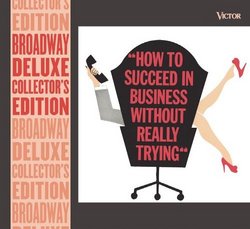
![Playa no mo'-CD1 [Single-CD]](https://nationalbookswap.com/cd//m/05/1105/661105.jpg)

